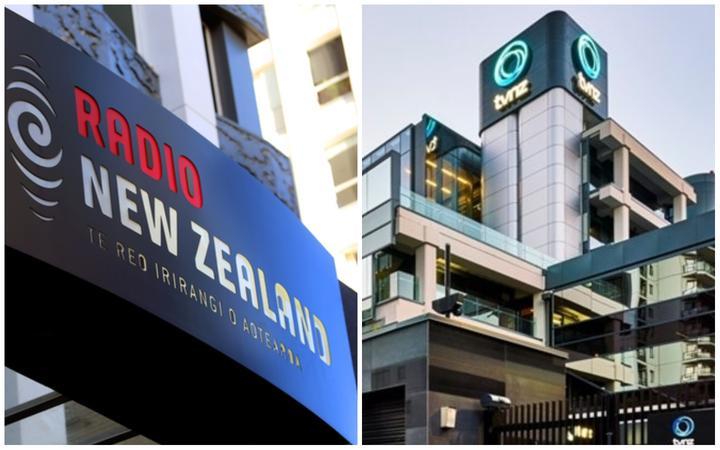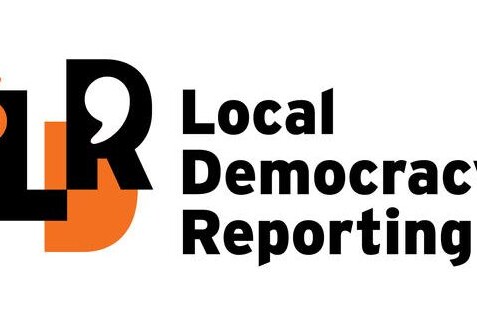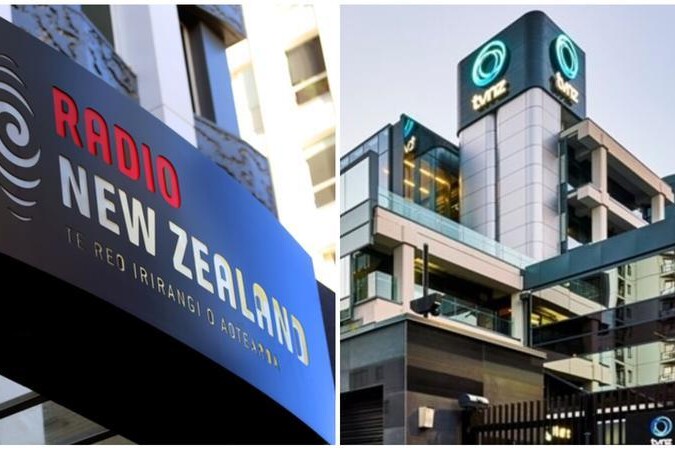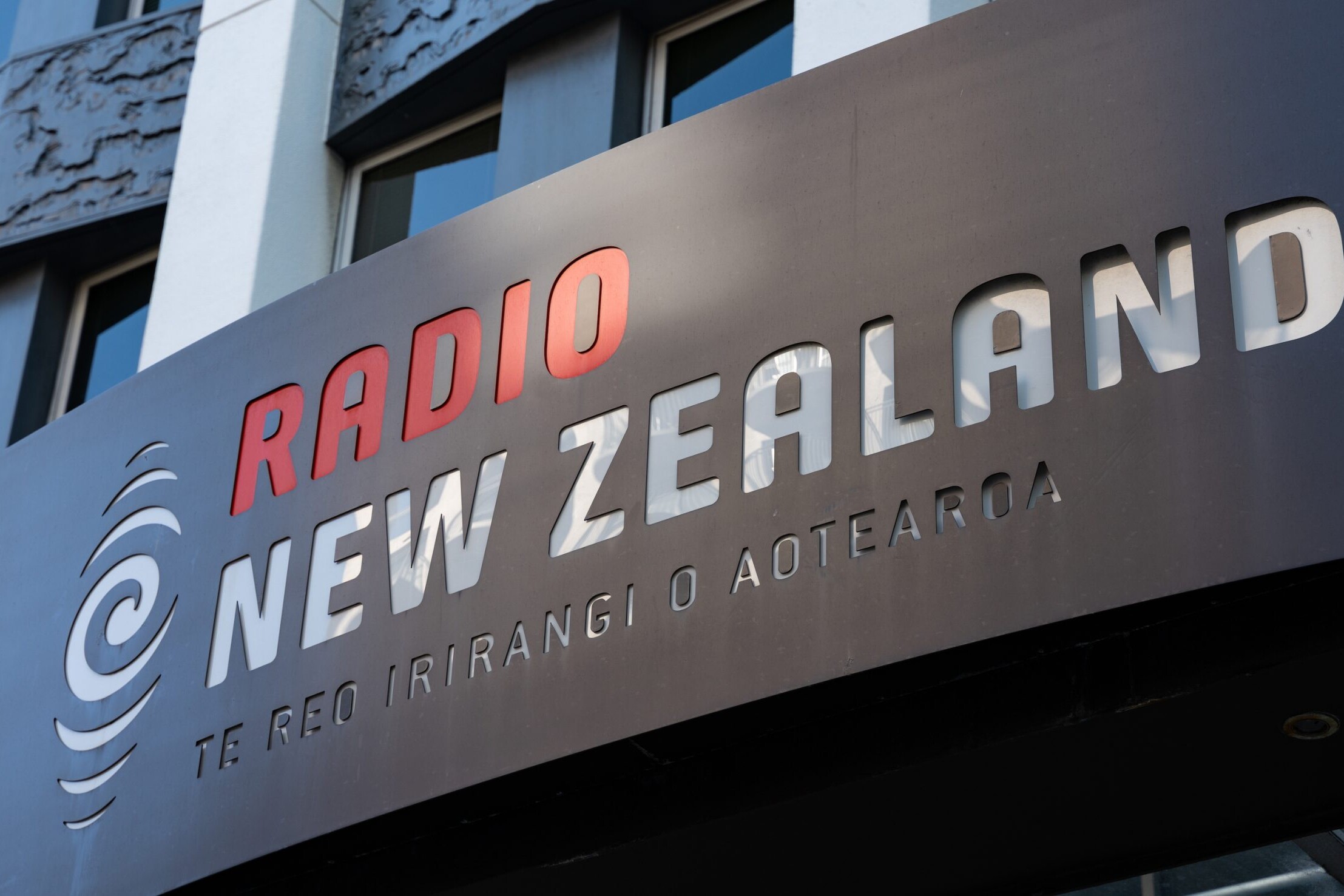New Zealand: Announcement of public media merger imminent
4 March 2022
The long-awaited decision on the merger between New Zealand’s radio and television public media entities is expected any day now.

New Zealand’s Government has reportedly made a decision on how the Pacific nation’s two public media entities will merge. RNZ reported the decision was made by ministers on Monday 21 February, but that there was no date set for the announcement.
RNZ and TVNZ are two separate entities, with different funding structures. RNZ is funded principally by NZ On Air – an autonomous crown entity, whereas TVNZ receives its revenue from commercial means. The idea for merging the two first originated in 2019, and a business case was compiled by a Working Group last year.
The purpose of the merger is to set up a sustainably funded and integrated single organisation with a “clearly defined public media mandate and purpose” for the country.
Yet there are a number of questions hanging over the merger, such as what form will it take? How will it be funded? And will the two distinct brands remain intact?
Read more: New public media entity not just about ‘smashing’ RNZ and TVNZ together
There have already been some indications as to what the answers might be. Tracey Martin, a former MP and a member of the Working Group, indicated in July that there would be “A single overarching entity, it has to have a mixed funding model, some Crown, some non-Crown funding. What is commercially free at the moment needs to remain commercially free.”
But within this “overarching entity”, Ms Martin said she would not opt for removing the RNZ or TVNZ brands. “You wouldn’t do away with those, they deliver really, really well. This is not being done because there’s a problem with RNZ or TVNZ. This work is being done because there’s a change going on both nationally and internationally, inside the media ecosystem.” An earlier paper had suggested removing both brands completely.
Ultimately, it is about finding “another model that is more flexible with sustainable funding routes” – an issue confronting public media worldwide.
Views across the spectrum
It has been reported that RNZ is more keen on the idea of the merge than TVNZ is. During a select committee meeting, RNZ Chairman Jim Mather described it as a “once-in-a-generation opportunity,” whereas the TVNZ’s Chief Executive, Kevin Kenrick, was more cautious about the move. Mr Kenrick is now stepping down to be replaced by Simon Power, a former National Party MP, and most recently the acting Chief Executive of Westpac New Zealand.
“We’re hoping that the decision is one that serves the public and the industry by creating a new public entity that runs as a not-for-profit.” Glen Kyne – senior vice president and general manager of Discovery Australia, New Zealand
Mr Power’s position on the merger is not known, although in a statement announcing his appointment, he said he was “looking forward to joining the leadership team as TVNZ continues its digital expansion and moves into an innovative new era.”
However, the merger has already faced criticism, despite the details not even being announced. “It is not worth it!” wrote Melissa Lee, the spokesperson for broadcasting and media for New Zealand’s main opposition party, National. “It is bizarre how the Government is trying to mash them together like two irregular jigsaw pieces.”
Ms Lee claimed it was more worthwhile investing in efforts to ensure “all media content in New Zealand is of a high quality and that there is a clear plan to create a media landscape that provides for healthy and transparent competition, where diversity of views are promoted and celebrated.”
She felt there would be repercussions for the wider media ecosystem, an issue also being closely watched by figures within the commercial media sector. “We’re hoping that the decision is one that serves the public and the industry by creating a new public entity that runs as a not-for-profit,” Glen Kyne, senior vice president and general manager of Discovery Australia, New Zealand, wrote in Stuff.
He argued TVNZ’s current model – which requires it to return a profit – does not align with its public media principles. And while he caveated that he does not believe the merged entity should have “no commercial imperative”, what is imperative is that “it must be an even playing field.”
The Public Media Alliance continues to advocate that the outcome must first and foremost benefit the public and ensure that the core values of public service media prevail. We will monitor the outcome of the merger.
Related Posts
11th January 2022
‘TAHI’ – RNZ’s new platform dedicated for young people
For many public media organisations,…
2nd November 2021
Local Democracy Reporting Service: A model for public broadcasters?
In 2017, the BBC launched the Local…
30th June 2021
New public media entity not just about ‘smashing’ RNZ and TVNZ together
Work on a new public media entity…
1st April 2021
Group of experts to develop case for new public media entity in New Zealand
A Governance Group of eight media…



